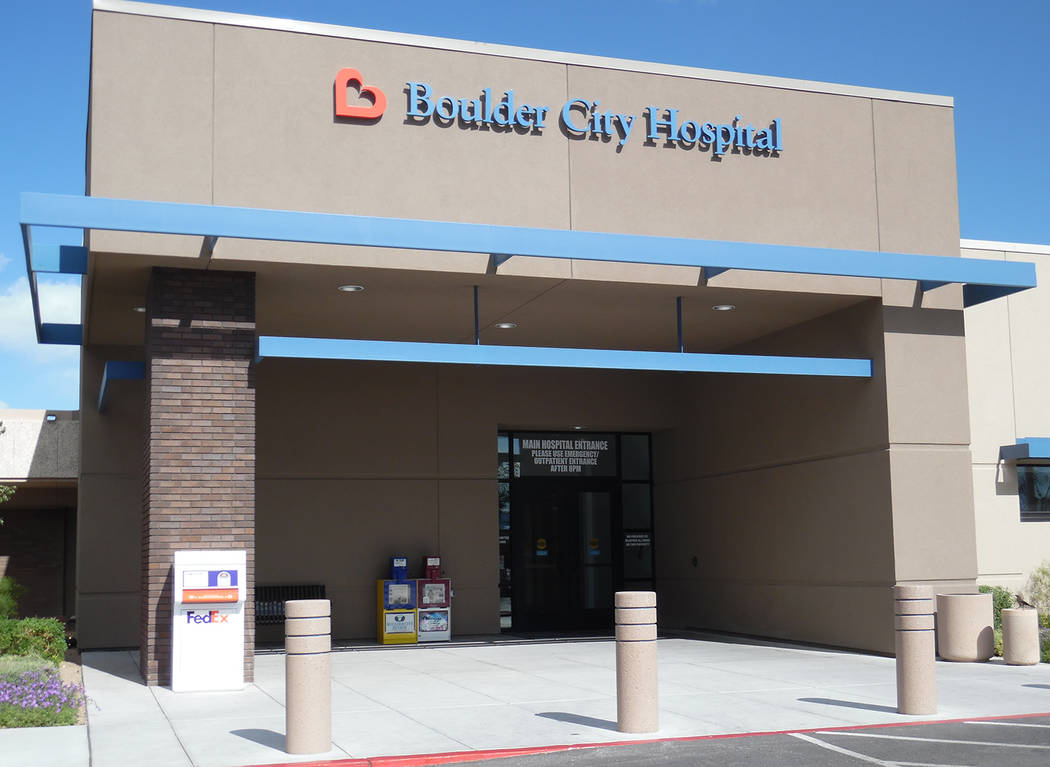Vaccine, tests can help lower risk of cervical cancer
January is Cervical Health Awareness Month. Cervical Health Awareness Month is a chance to raise awareness about how women can protect themselves from HPV (human papillomavirus) and cervical cancer. HPV is a common infection that spreads through sexual activity, and it causes almost all cases of cervical cancer.
Cervical cancer is cancer that starts in the cervix, the lower, narrow part of the uterus (womb). It happens when the body’s cervical cells divide very fast and grow out of control. These extra cells form a tumor. Cervical cancer is the easiest gynecological cancer to prevent with regular screening tests and vaccination. It is also curable when found and treated early.
Each year, about 12,000 women in the United States get cervical cancer. Cervical cancer happens most often in women 30 years or older, but all women are at risk.
Most cases of cervical cancer are caused by a high-risk type of HPV. HPV is a virus that is passed from person to person through genital contact, such as vaginal, anal or oral sex. If the HPV infection does not go away on its own, it may cause cervical cancer over time.
Other things may increase the risk of developing cancer following a high-risk HPV infection. These things include smoking, having HIV or reduced immunity, taking birth control pills for a long time (more than five years) and having given birth to three or more children.
Affected women may not notice any signs or symptoms of cervical cancer. Signs of advanced cervical cancer may include bleeding or discharge from the vagina. These symptoms may not be caused by cervical cancer, but the only way to be sure is to see your doctor.
Women should start getting screened at age 21 with a Pap test to look for changes in cervical cells that could become cancerous if not treated. If the Pap test finds major changes in the cells of the cervix, a doctor may suggest more tests to look for cancer. Women between the ages of 30 and 65 can also get an HPV test with a Pap test.
The Pap test and the HPV test look for different things. A Pap test checks the cervix for abnormal cell changes that, if not found and treated, can lead to cervical cancer. A doctor takes cells from the cervix to examine under a microscope. How often a woman needs a Pap test depends on her age and health history. Women should talk with their doctor about what is best for you.
An HPV test looks for HPV on a woman’s cervix. Certain types of HPV can lead to cervical cancer. A doctor will swab the cervix for cells. An HPV test is not the same as the HPV vaccine.
According to the U.S. Preventive Services Task Force, women ages 30 to 65 can combine the HPV test with a Pap test every five years. The task force does not recommend the HPV test for women under age 30. How often a woman needs to be screened depends on her age and health history. Women should talk with their doctor about what is best.
A woman can lower her risk of getting cervical cancer with the following steps. The steps work best when used together. No single step can protect from cervical cancer. The best ways to prevent cervical cancer include:
n Get an HPV vaccine (if you are 26 or younger). HPV vaccines are approved for girls and young women from 9 through 26. Experts recommend that all girls get an HPV vaccine before any sexual activity, by the time they are 11 or 12. HPV vaccines are licensed, safe and effective.
n Get regular Pap tests. Regular Pap tests help a doctor find and treat any changing cells before they turn into cancer. Women who have had the HPV vaccine still need to have regular Pap tests.
n Be monogamous. Being monogamous means that a woman only has sex with one partner and no one else. The best way to prevent any sexually transmitted infection, including HPV, is to not have vaginal, oral or anal sex. But having sex with just one partner can lower the risk.
n Use condoms. Research shows that condoms can lower the risk of getting cervical cancer when used correctly and every time with vaginal, anal or oral sex.
To Your Health is provided by the staff of Boulder City Hospital. For more information, call 702-293-4111, ext. 576, or visit bouldercityhospital.org.
















